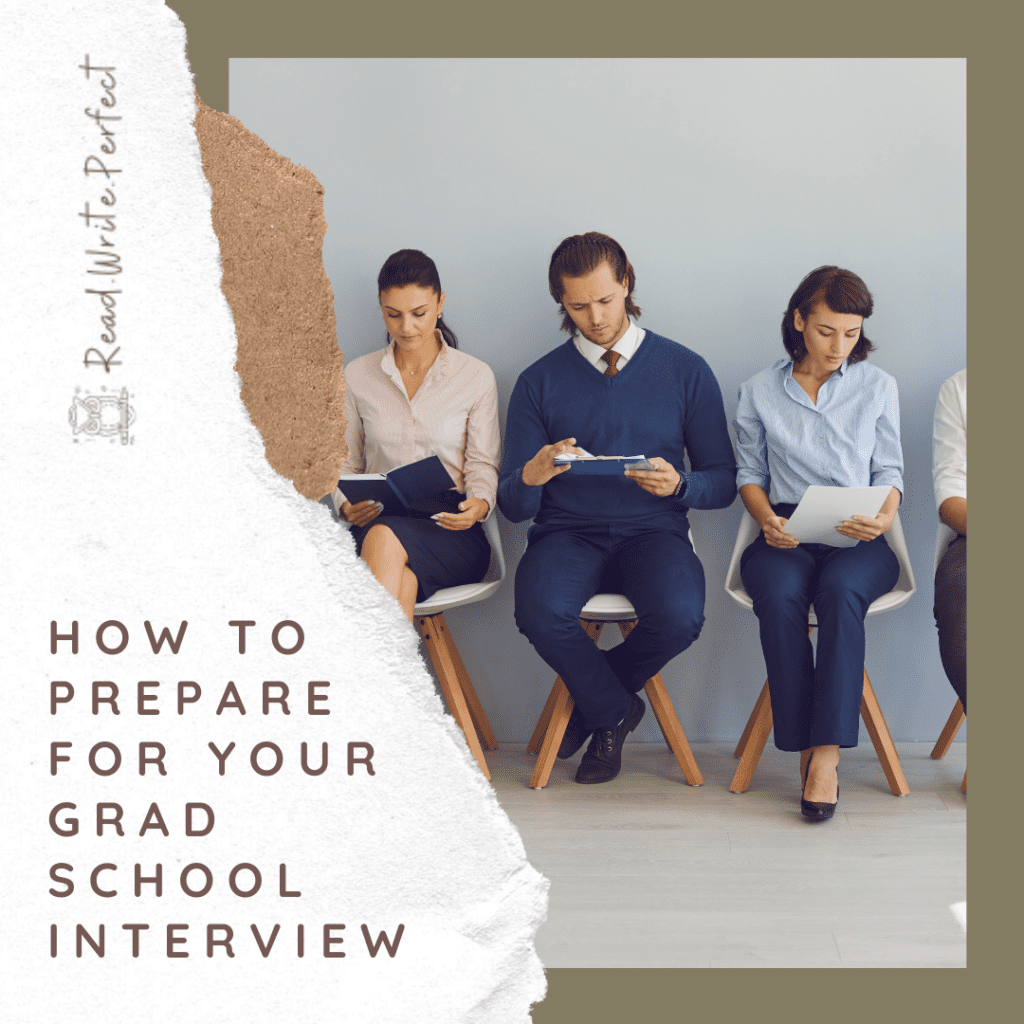
Like any interview, the grad school admissions interview is not easy – it’s not meant to be. However, there are some simple steps you can take beforehand to make sure you turn up looking and feeling prepared and professional.
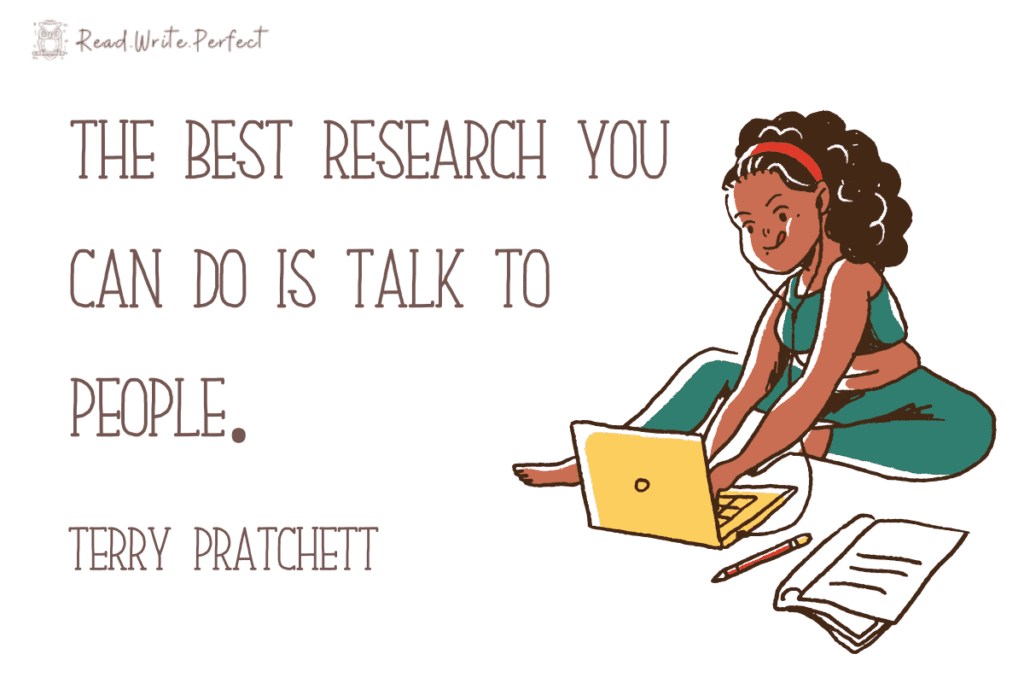
Remember, the school’s aim in interviewing you is two-fold: they want to know that you are capable and committed to graduate research, but they also want to find out how well you will fit in – to the institution, to the department, and to the program.
Show the interviewers that you are a great investment by researching the college, the program, and the person/people you will be interviewing with. Read the school’s mission and vision statements – what do they care about? Review the faculty pages for the instructors in the program – what are they researching and where do the department’s strengths lie? What will the program itself entail, and why is it designed that way?
As you conduct this research, think about how it impacts your role as a potential graduate student. You want to use your research to make your answers specific. For example, you will likely be asked why you are interested in this specific school or program. A strong answer will refer to the values of the institution, the current research being conducted, the strengths of the specific program, and the expertise of the faculty. Having this knowledge at your fingertips will show them just how much you really want to be a part of their program.
As an after note, research the practical aspects of your interview too: call the school in advance to confirm your appointment and, at the same time, make sure you know where to go and what to bring with you.
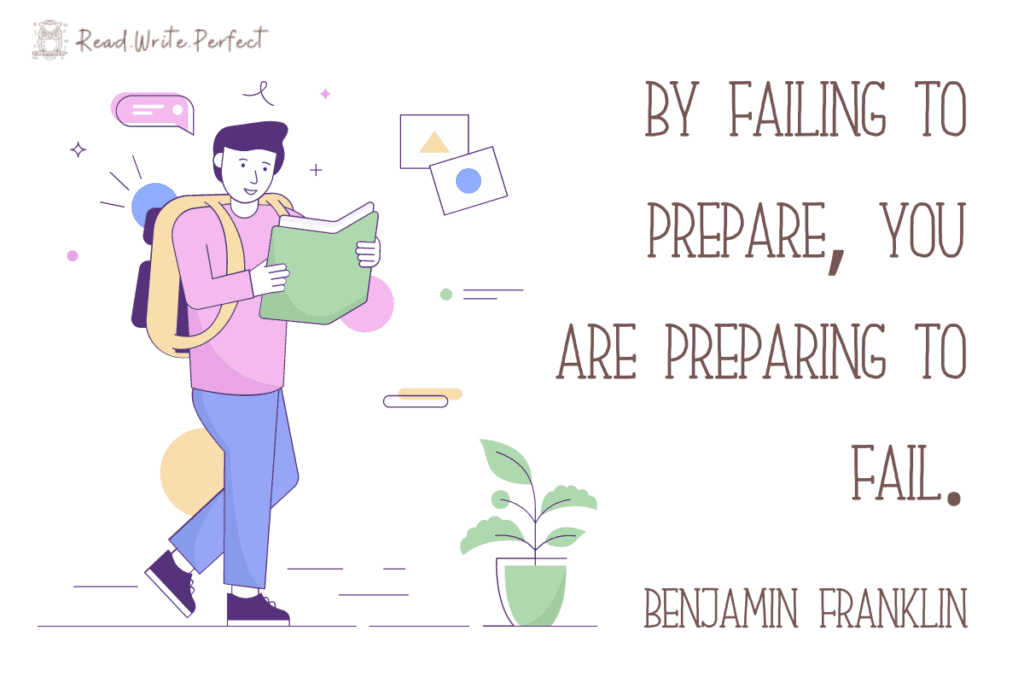
Conducting great admissions interview research is all very well, but it won’t be much use if you then fumble when asked a question.
Questions that inevitably come up in admissions interviews include questions like, “tell me about yourself” and “describe your strengths and weaknesses.” You should prepare answers in advance that highlight your fit with the program and the institution.
You should also be prepared to discuss your accomplishments, experiences, interests, and personal values – especially where they align with the interests of the program, department, faculty, and institution. Remember, interviewers are listening to see how you prioritize your answer, so think carefully about how you will phrase and present your response. They want to see that you are self-aware and know what positive aspects you will bring to their program.
As a quick tip, it’s worth thinking about how you can put a positive spin on any weaknesses or gaps you need to discuss. As well as generic phrases like “I am working on improving x,” you can also indicate where the program resources and opportunities will help you improve any weaknesses. The interviewers will be more impressed by a show of resourcefulness and determination than they will by a perfect track record.
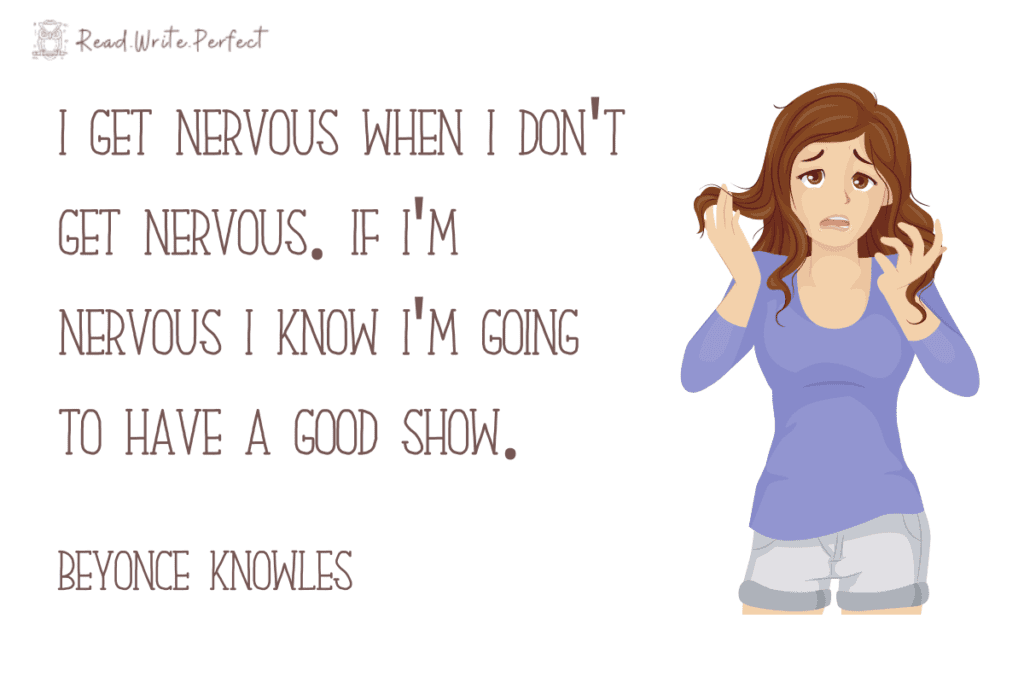
Nerves come in part from the worry about whether we will do well, so you can start to keep them under control by being well-prepared and knowing you have done everything you can do to succeed. Don’t cram – instead, use the tips above to start preparing your (potential) interview answers well in advance. You can also try doing mock interviews with friends, family, and colleagues, to get in some practice at delivering your answers fluently. The more you practice, the easier speaking to the interviewers will be “in real life.”
Finally, get a good night’s sleep so you are well-rested and can think clearly. Okay – yes, I know that strung-out nerves are the reason you can’t sleep in the first place. BUT, the reverse also holds true. A full night’s sleep will help your subconscious process your emotions and can actually help you be less anxious – and enabling you to get a good night’s sleep. So, try and reverse the vicious cycle of anxiety and poor sleep by doing whatever it takes to get a good night’s sleep – starting with being well-prepared in other ways as above and not neglecting tools like meditation and sleep rituals.
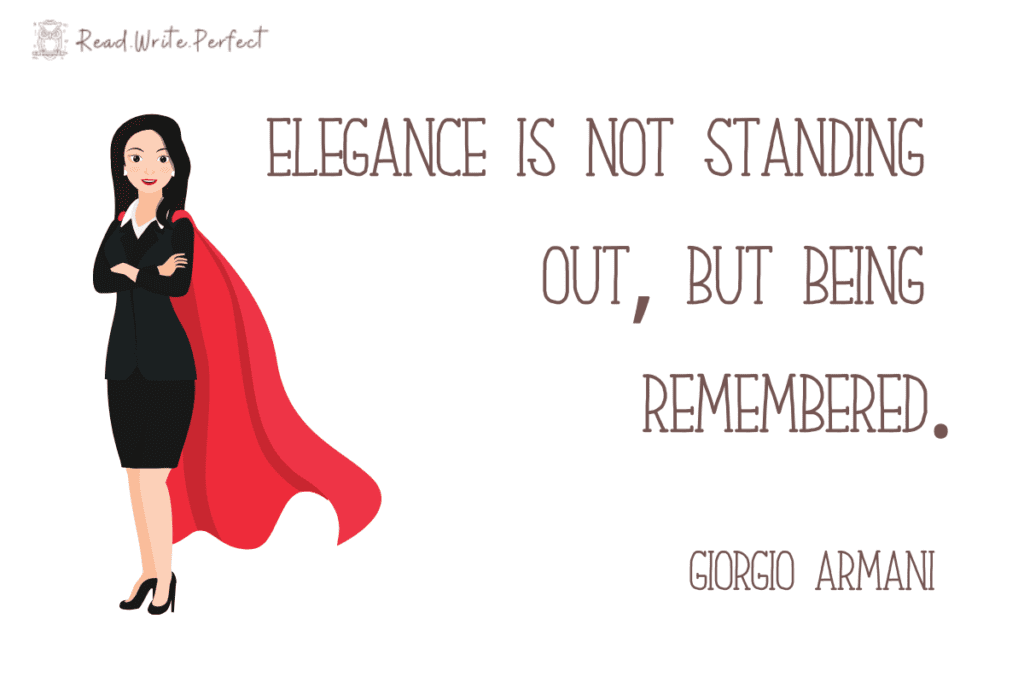
Make sure you dress professionally – that means no jeans, sneakers, shorts, leggings, hats, or other forms of informal dress. Also make sure you wear clothes that fit – you want to make it clear that your professional appearance is something you are used to, and not just something you’re trying out just for the interview! In the same vein, make sure everything is clean – you don’t want your interviewer distracted by a stain on your shirt.
A word about one exception: while no institution has the right to judge you based on culture and religious dress outside the business norm (such as wearing a hijab or having peyes or Rastafarian dreadlocks), it is worth acknowledging that unspoken biases may nevertheless be at play. Don’t compromise your beliefs – but you can mitigate against such biases by explicitly discussing your beliefs about dress and your appearance, and your commitment to looking and behaving professionally.
Need more help preparing for an upcoming grad school interview? Find out how coaching can help with a free consultation.
